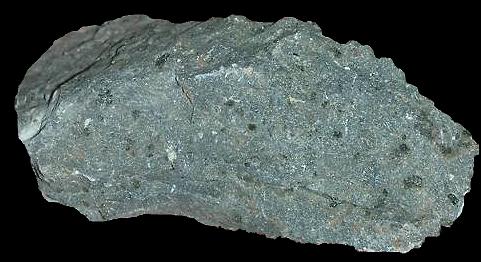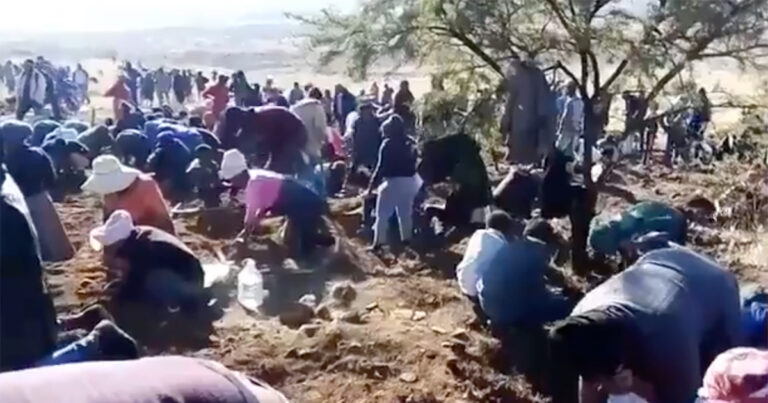
He propagated the vision of conquering African territory from the Cape to Cairo and played a direct role not only in the colonisation of South Africa, but also of present-day Botswana, Zambia and Zimbabwe - with the latter two actually named after him (previously Northern and Southern Rhodesia respectively). In order to secure political control for Britain over the Transvaal goldfields, Rhodes was instrumental in provoking the Anglo Boer War in which tens of thousands of whites and blacks lost their lives, sustained severe injuries, or lost property. As Prime Minister he ensured, through taxation policies, that Africans were forced off the land to become suppliers of cheap labour in white-owned mines and farms. Throughout his life he supported and later maintained a racially discriminatory political system in the Cape Province. Unless these issues are recognised and confronted there is a risk that the democracy for which so much was sacrificed will be undermined.Cecil John Rhodes accumulated a vast fortune by exploiting South Africa's natural resources and its people. Violence and intimidation threaten the legitimacy of the 2019 general election. Yet the evidence is that political murders and intimidation now disfigure South African politics. Most international observers assume the miracle of the reconciliation ushered in by Nelson Mandela and Archbishop Desmond Tutu with the ‘Rainbow Nation’ still prevails. This climate of violence is carried over into political life, yet outside of South Africa this is little understood. As a recent headline put it: ‘South Africa is one of the most violent and unsafe countries in the world.’ There is little trust in the police and more than 500,000 private security guards are employed by firms and individuals at a cost of $3.7bn a year – more than twice the number of police officers. Police record some 650,000 victims of violence a year. The ruptures of the apartheid era have been carried over into post-apartheid society, leaving the country with a tragic reputation for beatings, murder and the abuse of women and children. South African elections take place against a background of violence.

This article suggests reasons for the drop-off of political and citizen sources in South African election reporting, and, on the eve of the sixth general election in May 2019, argues a case for more ‘straight from source’ voices in political journalism. When journalists ignore citizen voices in favor of interpretive and evaluative sources, this link is steadily degraded.

A solid link between journalist and politician as well as journalist and citizen is crucial to implement substantive information necessary to enable the media’s democratic duty. The importance of ‘listening’ directly cannot be overstated, especially in developing democracies like South Africa. The main finding of this research is that news sources during the South African elections were made up increasingly of pundits and decreasingly of political leaders and citizens. This article investigates the sources used on television news during five democratic South African elections, 1994–2014, and aims to shed light on the type of mediatized political reporting in and about a non-Western country. Television news is still a powerful political tool, especially in developing democracies and particularly in South Africa – the case of this research. With most political journalism research focusing on Western elections, one tends to forget that mediatization exists in non-Western reportage too.


 0 kommentar(er)
0 kommentar(er)
